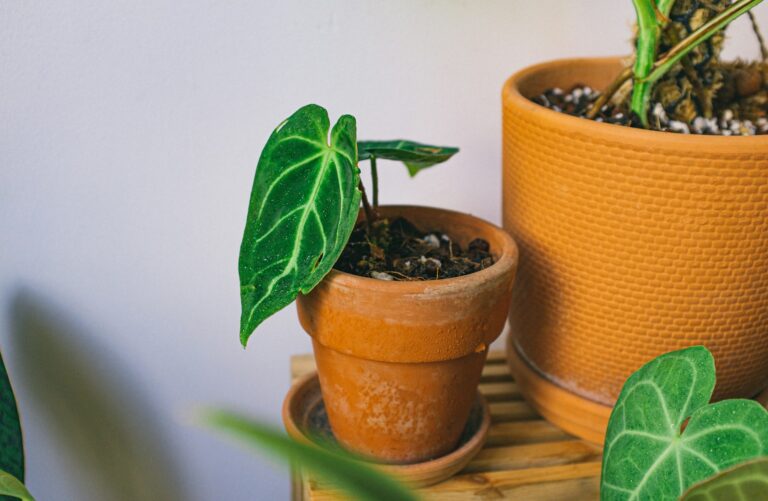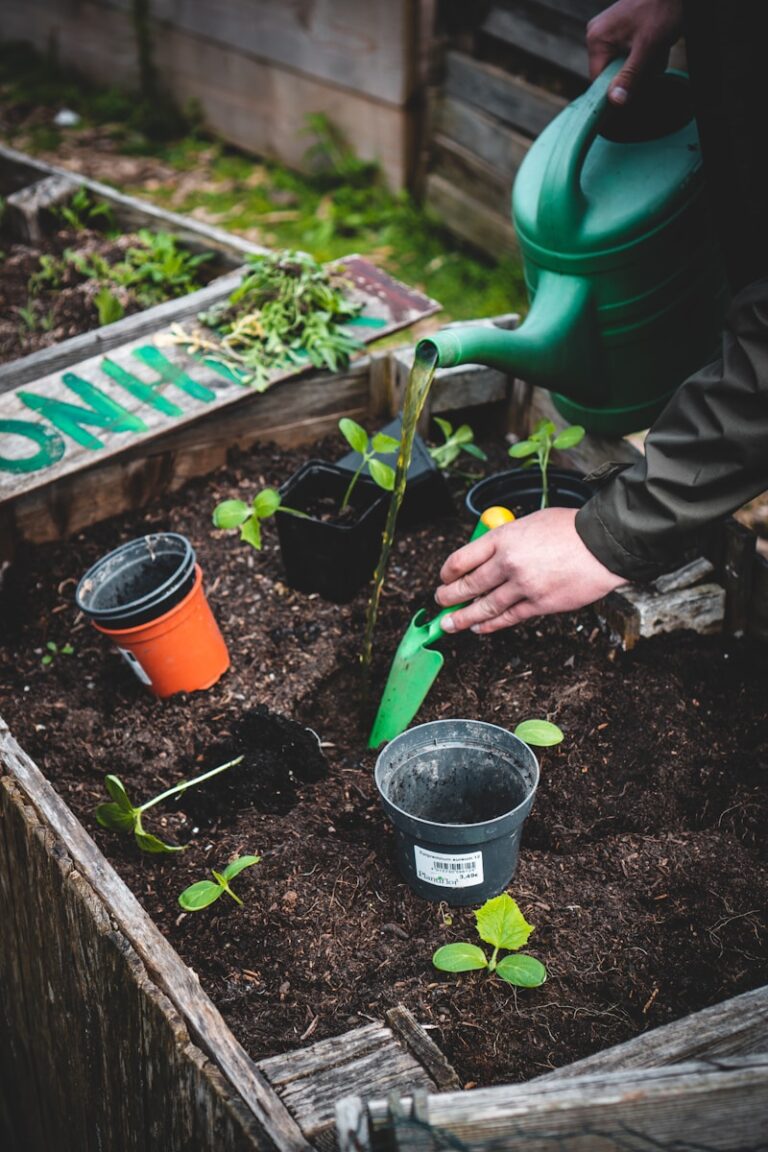The Science Behind Gardening and Stress Relief: How Tending Plants Boosts Your Well-Being
Gardening has long been a popular way to connect with nature and unwind from daily pressures. Whether you tend to a small indoor plant or a full outdoor garden, the simple act of nurturing living things can create a calming experience.
The science behind gardening reveals that it can help lower stress and improve your overall mood. By engaging with plants and soil, you give your mind a break and create space for relaxation. This natural activity can bring balance to your busy life in a gentle, enjoyable way.
Gardening lowers cortisol, the stress hormone.

When you garden, your body releases less cortisol, which is the hormone linked to stress. Lower cortisol levels help your body feel calmer and reduce the negative effects stress can have on your health.
By spending time with plants and soil, you engage your senses, which activates your parasympathetic nervous system. This helps your body relax naturally.
Gardening also exposes you to fresh air and sunlight, which further support mood regulation and better sleep. So, spending even a short time outside with your garden can make a real difference in how you handle stress.
Physical activity in gardening releases feel-good endorphins.

When you garden, your body moves through activities like digging, planting, and watering. These physical actions are a form of low-impact exercise.
This exercise triggers your brain to release endorphins. Endorphins are natural chemicals that help reduce pain and boost your mood.
You might notice a gentle sense of happiness or calm after spending time gardening. This is partly due to these feel-good hormones.
Beyond mood improvement, gardening also builds strength and keeps your body active in a manageable way. It’s a simple way to care for both your mind and body.
Connecting with nature improves mood and reduces anxiety

Spending time in nature, like gardening, can help lift your mood. It lowers stress hormones in your body, which helps you feel calmer. Even a short break outdoors can make a difference.
When you focus on plants and the natural world around you, it acts like a gentle meditation. This attention helps ease anxiety and mental fatigue.
Being outdoors also encourages physical activity, which boosts your overall well-being. You get a chance to disconnect from daily pressures and reconnect with yourself.
These small moments with nature support better mental health and help you feel more balanced and relaxed.
Tending plants encourages mindfulness and presence

When you care for plants, your attention naturally shifts to the present moment. You notice the feel of the soil, the scent of flowers, and the gentle rustle of leaves. This sensory focus helps quiet distracting thoughts.
You become fully engaged in simple, calming tasks like watering or pruning. These actions create a peaceful routine that allows you to step away from stress and worries.
By being mindful during gardening, you cultivate a sense of calm and clarity. This practice can improve your emotional well-being by helping you stay grounded and centered in the here and now.
Community gardening boosts social support and resilience
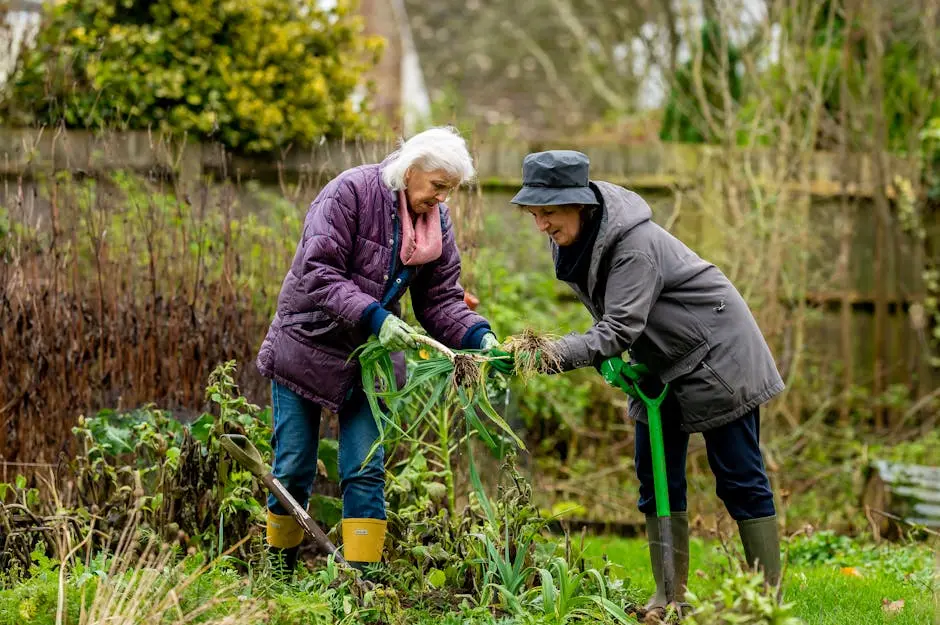
When you join a community garden, you connect with others who share your interest in growing plants. This social interaction can help you feel more supported and less isolated.
Working together toward a common goal builds a sense of belonging. It can also strengthen your ability to cope with stress during tough times.
Community gardens often become safe spaces where people exchange ideas, share resources, and offer encouragement. This helps you develop resilience not only individually but as part of a group.
Gardening increases serotonin, enhancing emotional well-being
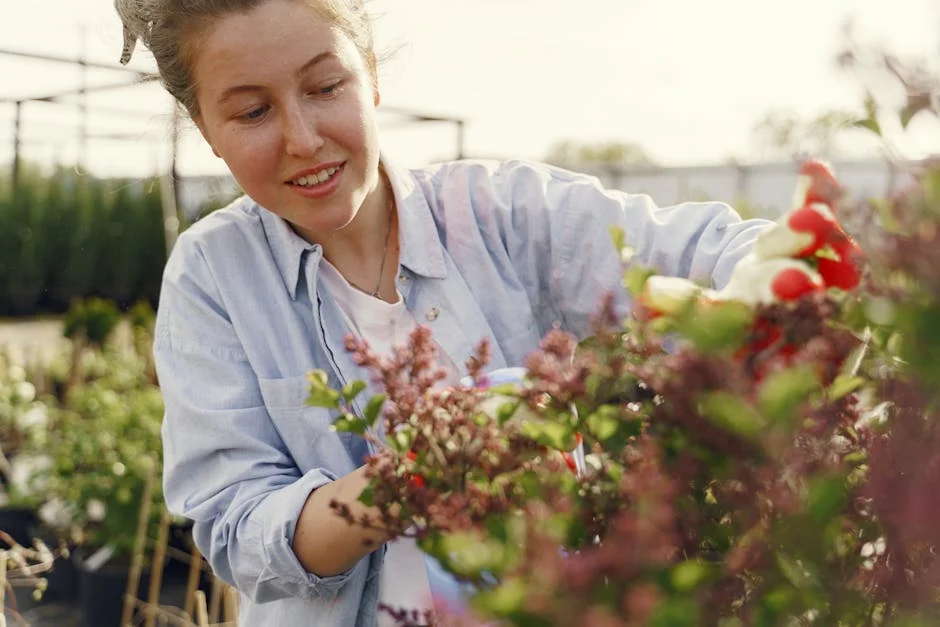
When you garden, your body can produce more serotonin, a chemical that helps regulate mood and promote feelings of happiness. This boost supports emotional balance and can reduce feelings of anxiety or depression.
Spending time with plants and nature encourages relaxation. The gentle physical activity involved in gardening also helps your brain release serotonin naturally.
By caring for your garden, you create a calming routine that supports your mental health. Watching your plants grow can give you a meaningful sense of accomplishment, lifting your spirits gently and steadily.
Exposure to sunlight during gardening raises vitamin D levels, aiding stress relief

When you spend time gardening outdoors, your skin gets exposed to sunlight, which helps your body produce vitamin D. This vitamin is important for your bone health and immune system.
Getting enough vitamin D can also support your mood and reduce feelings of stress. Just 10 to 30 minutes of midday sun a few times a week is usually enough to boost your levels.
Gardening combines sunlight with gentle physical activity, making it a great way to naturally support your well-being while lowering stress. Remember to protect your skin if you’re outside for longer periods.
Caring for plants provides a sense of purpose and achievement
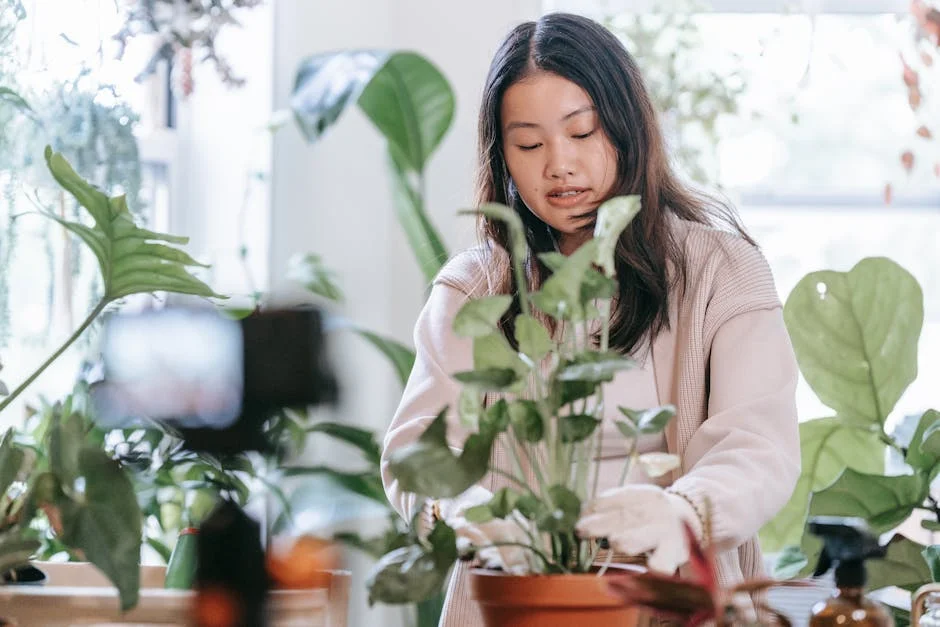
When you care for plants, you create a living connection that grows with your effort. Watching your plants thrive offers clear proof that your attention makes a real difference.
This nurturing process helps you feel accomplished, especially during times when life feels uncertain or stressful. It gives you small moments of success that build your confidence.
Tending to plants also encourages responsibility. Your daily care routines provide structure and meaning, which can lift your mood and support your well-being.
Gardening can reduce symptoms of depression and anxiety

When you spend time gardening, it can help ease feelings of depression and anxiety. The simple act of caring for plants gives you a sense of purpose and accomplishment.
You might notice your mood lifting as you nurture your garden. Being around greenery and nature also helps reduce stress and promotes calmness.
Gardening encourages you to focus on the present moment, which can lower anxiety. Even if you’re new to it, regular gardening sessions can support your mental well-being over time.
Creating green spaces at home fosters relaxation and calm
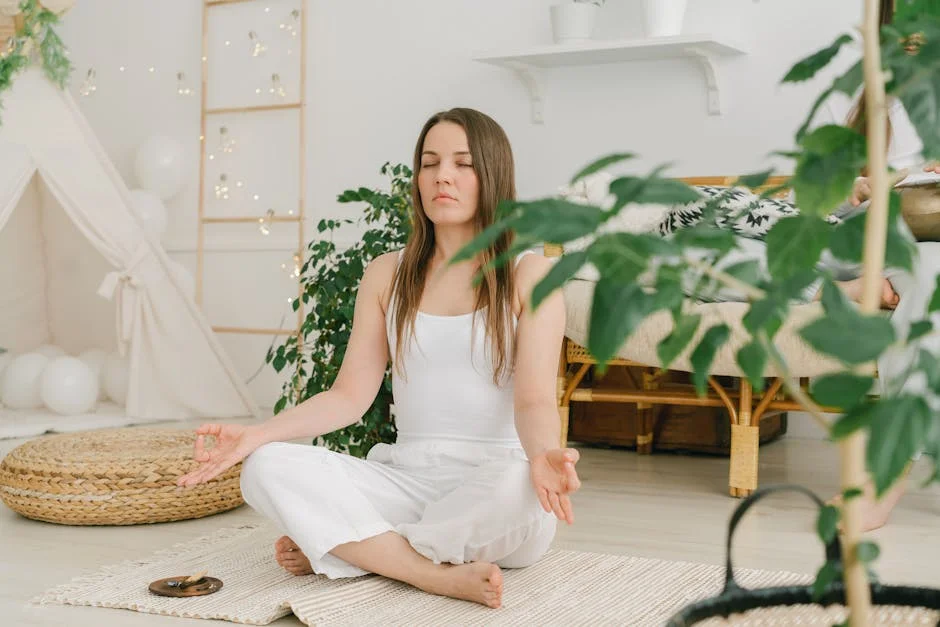
You can bring nature indoors by adding plants to your living space. Caring for these plants creates a small, peaceful routine that helps ease stress.
Having greenery around can improve air quality and make your home feel more inviting. This natural connection often leads to a sense of calm and satisfaction.
Even a small garden or a few pots on your windowsill can help reduce anxiety. Creating your own green space is a simple way to boost your well-being daily.




